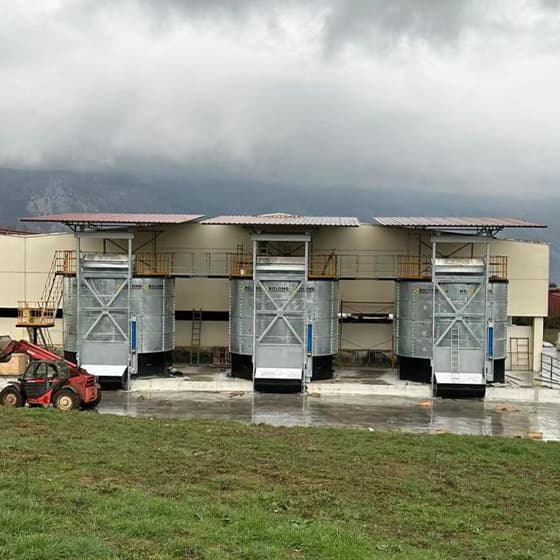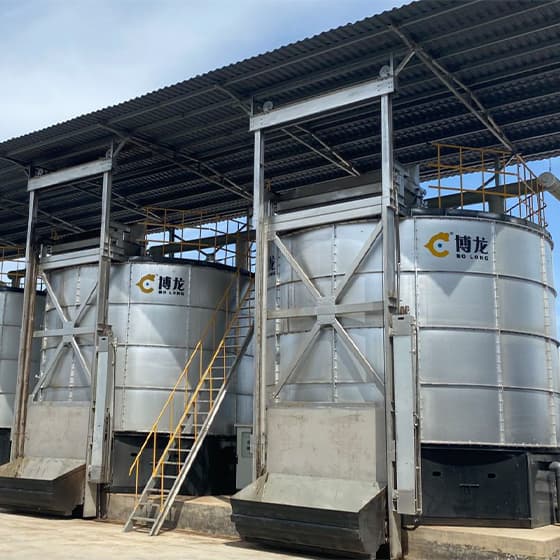Introduction: The circular economy aims to minimize waste and make the most of resources. Livestock fermentation tanks contribute to a circular economy in agriculture by converting waste into valuable resources. This article explores their role.

Waste Conversion: Fermentation tanks convert livestock manure into nutrient-rich compost, turning waste into a valuable resource. This process aligns with circular economy principles by reducing waste and promoting resource recycling.
Soil Enrichment: The compost produced enriches soil, enhancing its fertility and structure. This supports sustainable crop production and reduces the need for chemical fertilizers, contributing to a closed-loop agricultural system.
Economic Benefits: By producing valuable compost, fermentation tanks create new revenue streams for farms. This economic benefit supports the financial viability of circular economy practices in agriculture.
Case Study: A poultry farm adopted a circular economy approach by using fermentation tanks to process manure. The farm sold the resulting compost, generating additional income and reducing waste disposal costs.

Conclusion: Livestock fermentation tanks play a crucial role in promoting a circular economy in agriculture by converting waste into valuable resources and supporting sustainable farming practices. These benefits contribute to a more resilient agricultural system.